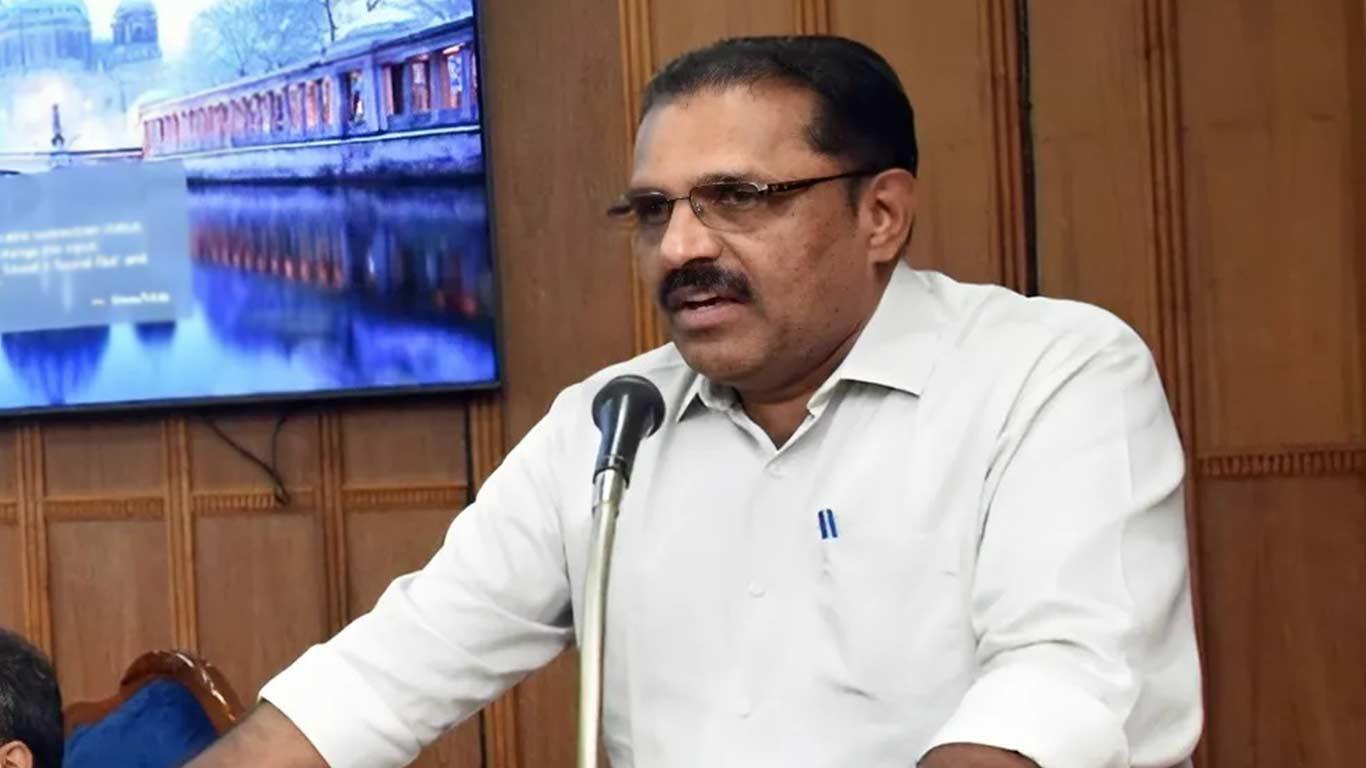
ICAR-CIFT & Longshore Technologies Biorefinery Transforms Shrimp Processing Waste Into Sustainable Innovation
This groundbreaking initiative addresses a critical environmental challenge while creating economic opportunities within the fisheries sector.
The biorefinery, located in Maharashtra, represents a breakthrough in circular economy practices, converting what was previously considered waste into valuable raw materials for multiple industries.
By processing two tons of shrimp shell waste daily, the facility produces high-value products including shrimp protein hydrolysate, chitin, and chitosan, which are in significant demand across agriculture, pharmaceuticals, and cosmetics sectors.
Dr. George Ninan, Director of ICAR-CIFT, emphasised the project's importance in bridging scientific research with practical industrial applications.
The initiative demonstrates how innovative technologies can simultaneously address environmental concerns and create economic value, fostering entrepreneurship and generating employment opportunities in the process.
The project's origins trace back to 2020, when Amey Naik, a young entrepreneur, began exploring shrimp waste utilisation potential at ICAR-CIFT's Veraval Research Centre.
With guidance from institute scientists, Naik developed a vision for transforming shrimp processing waste, ultimately leading to a technology transfer partnership with ICAR-CIFT, Kochi.
A dedicated scientific team led by Dr. Bindu J. and Dr. Elavarasan K. worked meticulously from 2022 to 2023 to optimise eco-friendly extraction processes for proteins, chitin, and chitosan.
Their collaborative efforts involved pilot-scale trials and strategic stakeholder engagement, including partnerships with the Marine Products Export Development Authority (MPEDA) and chitin manufacturers.
The facility's current annual capacity of 400 tons of shrimp waste processing represents a significant step toward sustainable industrial practices.
With seven employees and projected annual turnover of Rs 25 lakhs, the biorefinery not only mitigates environmental waste but also demonstrates the economic viability of circular economy principles in the fisheries sector.
This innovative approach exemplifies India's commitment to sustainable development, showcasing how technological innovation can transform industrial waste into valuable resources while creating economic opportunities and reducing environmental impact.
(KNN Bureau)
Legal Disclaimer:
MENAFN provides the
information “as is” without warranty of any kind. We do not accept
any responsibility or liability for the accuracy, content, images,
videos, licenses, completeness, legality, or reliability of the information
contained in this article. If you have any complaints or copyright
issues related to this article, kindly contact the provider above.


















Comments
No comment